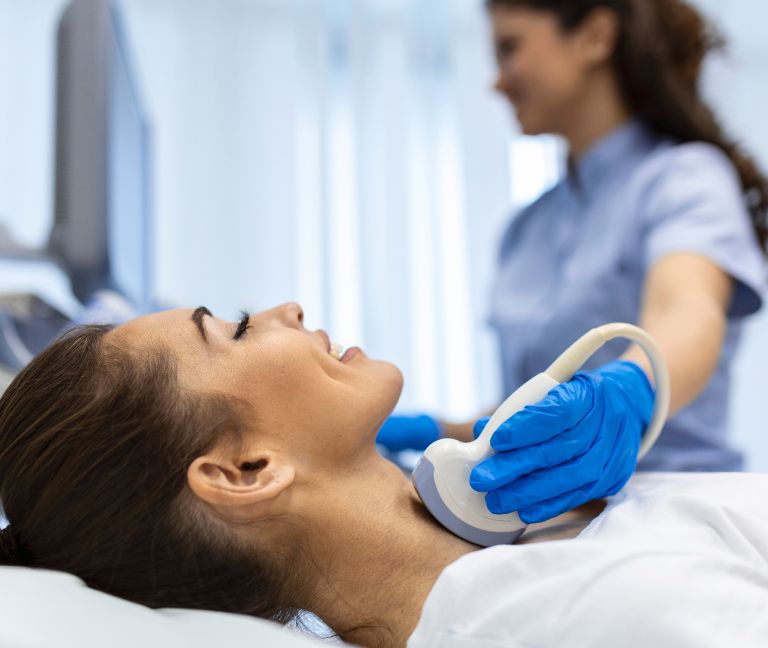Understanding the Impact: Car Accidents and Orthopedic Injuries, Explained
Car accidents can lead to severe injuries, both visible and invisible. Orthopedic injuries, which encompass bones, joints, muscles, tendons, and ligaments, are common in such accidents. These injuries can cause pain, restrict mobility, and require extensive recovery. Prompt medical attention is crucial for proper treatment and minimizing long-term complications. Understanding the common orthopedic injuries resulting from car accidents is essential to seek timely medical care and improve outcomes.
The Most Common Orthopedic Injuries from Car Accidents
Traumatic Brain Injuries (TBIs): Car accidents are a leading cause of TBIs, which occur when the brain suffers damage due to a blow or piercing injury to the head. TBIs can have a significant impact on cognitive function, memory, motor skills, and overall quality of life. Seeking immediate medical attention and undergoing rehabilitation are crucial for managing TBIs and improving outcomes.
Spinal Cord Injuries and Paralysis: The forceful impact and torque on the body during a car crash can result in long-term disabilities caused by spinal cord injuries. Damage to the spinal cord can lead to partial or total paralysis below the injury level. Immediate medical intervention, specialized care, and comprehensive rehabilitation are essential for maximizing functional recovery and enhancing the quality of life for individuals with spinal cord injuries.
Back Injuries: The human body, particularly the spine, is not designed to withstand heavy impact, making back injuries common in car accidents. These injuries can range from strains and sprains to herniated discs and fractures. Symptoms may not be immediately apparent, but when they do occur, they can cause severe pain, limited mobility, and disability. Treatment options include rest, physical therapy, medication, and in some cases, surgery.
Burns: If a vehicle catches fire or occupants come into contact with hot fluids, surfaces, steam, or chemicals, they can suffer burns. Burns can range in severity from first-degree to third-degree, with severe burns requiring immediate medical attention, including surgery and skin grafting. Burn injuries can have long-lasting physical and emotional effects, requiring rehabilitation and psychological support.
Internal Injuries: The force of a crash can cause the body to collide with objects or be struck by flying debris, resulting in damage to internal organs. Internal injuries can vary in severity and may include internal bleeding, organ perforation, or damage to vital organs. Prompt medical evaluation and diagnosis by an orthopedic doctor are crucial for identifying and treating internal injuries.
Fractures: Car accidents can cause a wide range of fractures and broken bones, including those in the legs, ribs, arms, ankles, wrists, and pelvis. The severity of fractures varies, with treatment ranging from casting to surgical intervention for realigning the bones. Rehabilitation, including physical therapy and treatment by an orthopedic doctor, is necessary for regaining strength, mobility, and function.
Disfiguring Facial Injuries and Scars: The face is vulnerable during car accidents, and injuries can include lacerations, fractures, dental damage, and soft tissue trauma. Surgical correction and reconstructive procedures may be required to address disfigurement and lasting scars. Psychological support is also crucial to help individuals cope with the emotional impact.
Limb Injuries: In severe car accidents, people may suffer limb injuries. These injuries can be challenging to recover from, but with the support of a skilled orthopedic team, people can make a full recovery. In critical cases, surgeons may suggest having an orthopedic surgery for recovery.
Recovery from Orthopedic Injuries From Car Accidents
Recovering from a car accident injury can take several weeks or even months. Seeking immediate medical attention, following the recommended treatment plan, and attending follow-up appointments are crucial for successful recovery. Rest, both physically and mentally, is often prescribed, and physical exercises for recovery are gradually reintroduced under medical supervision.
Prevention of Orthopedic Injuries From Car Accidents
While car accidents can occur unexpectedly, preventive measures can significantly reduce the risk of orthopedic injuries. Wearing a seatbelt, adjusting your headrest, maintaining a short backseat, and being mindful of airbag deployment areas are all important ways to protect yourself in the event of a crash.
Conclusion
Car accidents can cause a wide range of orthopedic injuries, some of which can be very serious. Understanding the common orthopedic injuries that can occur in car accidents can help you seek timely medical care and improve your chances of a full recovery. By taking preventive measures, you can also help reduce your risk of injury in the event of a crash.
Your AsterDM Team
At Aster DM, our team of dedicated orthopedic doctors is committed to providing thorough care for individuals with orthopedic injuries resulting from car accidents. We understand that each orthopedic case is unique, and our experienced physicians are skilled in assessing the specific needs of our patients.
Reference:
- https://www.coastalorthoteam.com/blog/understanding-common-orthopedic-injuries-resulting-from-car-accidents
- https://www.coastalorthoteam.com/blog/understanding-common-orthopedic-injuries-resulting-from-car-accidents





